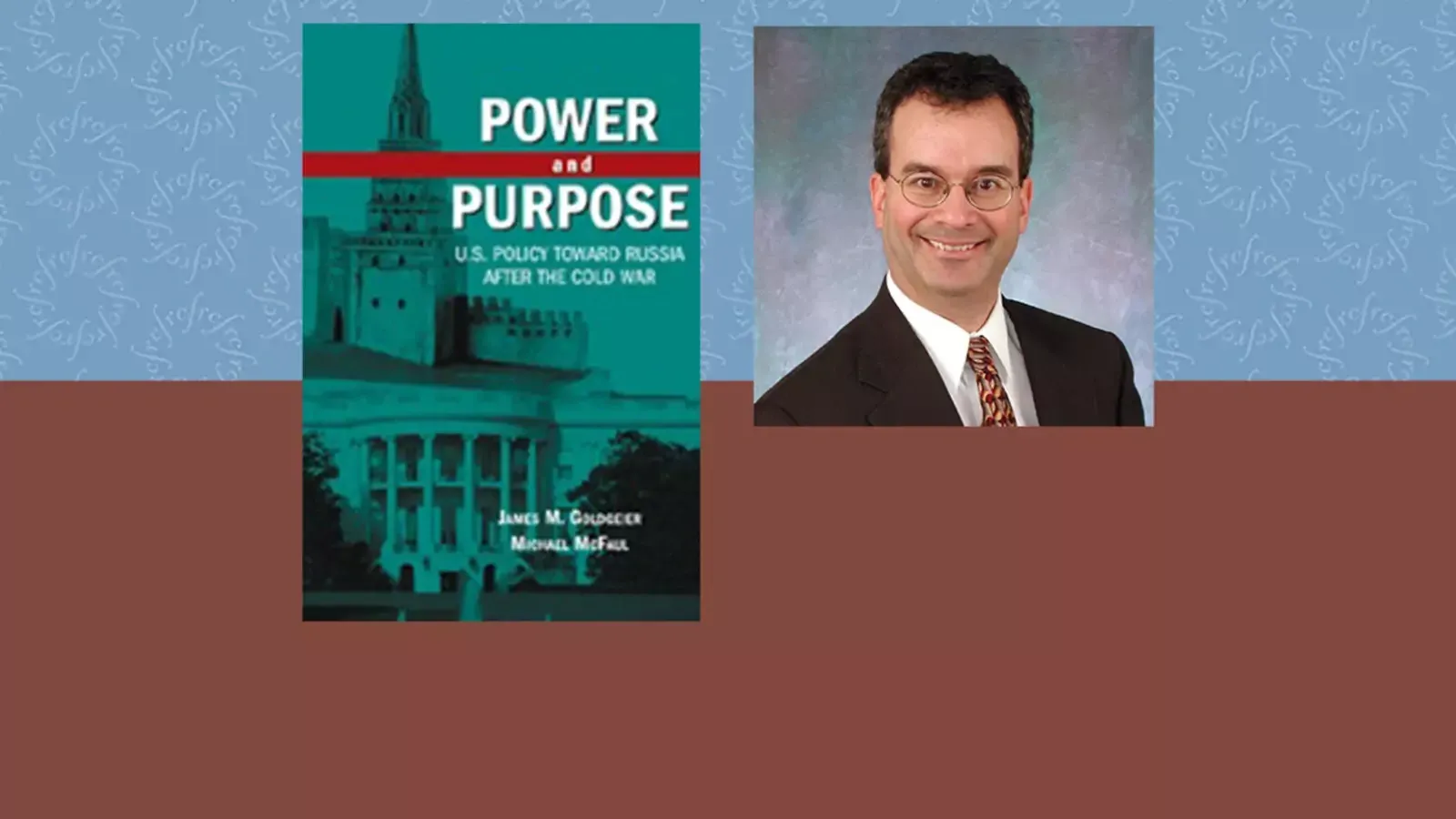Power and Purpose

Introduction
In this book, CFR Senior Fellow James M. Goldgeier and Michael A. McFaul trace the evolution of American foreign policy toward the Soviet Union, and later Russia—once seen as America’s greatest adversary, and now viewed by the United States as a potential partner. Teaching notes by Dr. Goldgeier.
Summary
Power and Purpose is designed for several different types of courses, including general courses on international relations and American foreign policy, general courses on democratization, and specific courses on U.S.-Russian relations.
Discussion Questions
General Courses on International Relations and American Foreign Policy
- What do power balancers and regime transformers believe are the major challenges in world affairs?
- How did different presidents during the Cold War treat power balancing vs. regime transformation in the formulation of foreign policy?
- How do policymakers try to transform their ideas into actual policy?
- How seriously have George H.W. Bush, Bill Clinton, and George W. Bush approached the question of Russia's internal transformation toward democracy and markets?
- How did the challenge of the post-Cold War world compare to the challenges of the post-World War II world?
- The Truman administration feared a rising Soviet Union. What did it mean for American foreign policy to fear a weakened Russia?
- How seriously did the Clinton administration take the prospect of a renewed Russian threat to American interests?
- Would the United States have expended more effort on Russia's transformation if a new threat had arisen right away, in the same way that the Truman administration assisted Germany and Japan more energetically because of the fear of the Soviet threat?
General Courses on Democratization
- How important is a country's internal political and economic makeup for the conduct of U.S. policy toward that country?
- If the United States is trying to help a country move away from authoritarianism toward democracy, what are the key steps it needs to take?
- What are the different kinds of challenges raised by democratization when the United States is an occupying power vs. when the United States and its partners do not occupy the country undergoing transformation?
- How important is the link between democratization and the development of a market economy?